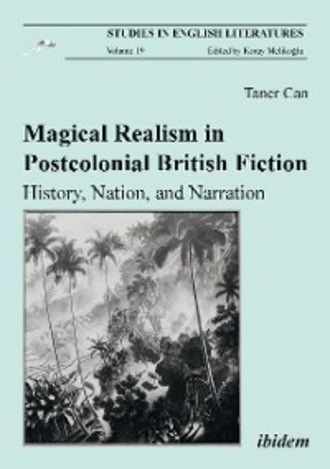Magical Realism in Postcolonial British Fiction: History, Nation, and Narration
Taner Can
This study aims at delineating the cultural work of magical realism as a dominant narrative mode in postcolonial British fiction through a detailed analysis of four magical realist novels: Salman Rushdie’s Midnight's Children (1981), Shashi Tharoor's The Great Indian Novel (1989), Ben Okri's The Famished Road (1991), and Syl Cheney-Coker's The Last Harmattan of Alusine Dunbar (1990). The main focus of attention lies on the ways in which the novelists in question have exploited the potentials of magical realism to represent their hybrid cultural and national identities. To provide the necessary historical context for the discussion, the author first traces the development of magical realism from its origins in European Painting to its appropriation into literature by European and Latin American writers and explores the contested definitions of magical realism and the critical questions surrounding them. He then proceeds to analyze the relationship between the paradigmatic turn that took place in postcolonial literatures in the 1980s and the concomitant rise of magical realism as the literary expression of Third World countries. .
- Категория: литературоведение
- Правообладатель: Автор
- Возрастное ограничение: 0+
- ISBN: 9783838267548
- Легальная стоимость: 1813.45 руб.





